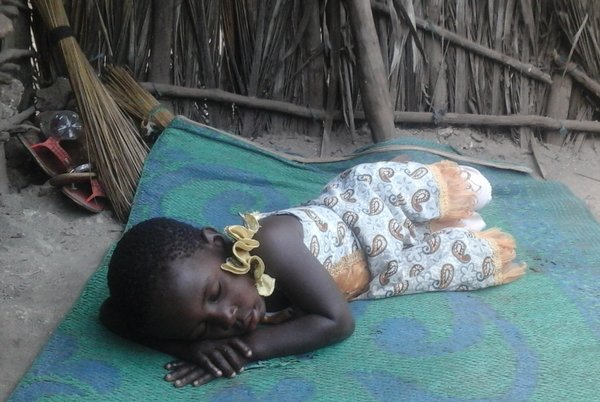
Beyond Bed Nets: Mosquitoes Don’t Just Bite at Bedtime
“If you really want to eliminate malaria, you have to look at what’s causing the remaining malaria cases once you have good prevention tools in place,” says CCP’s April Monroe.

“If you really want to eliminate malaria, you have to look at what’s causing the remaining malaria cases once you have good prevention tools in place,” says CCP’s April Monroe.

The Victoria and Albert Museum’s “rapid response collecting” program has been acquiring contemporary objects since 2014. The emoji, championed by CCP, joins a host of other items that “reveal truths about how we live.”
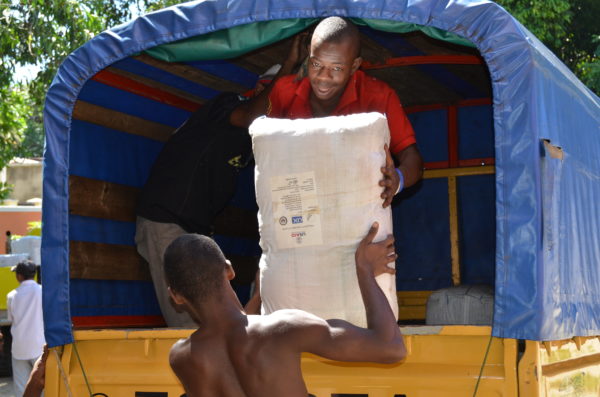
“If we are serious about malaria control, it is abundantly clear that more [nets] need to be delivered than we are currently providing,” writes CCP’s Hannah Koenker.
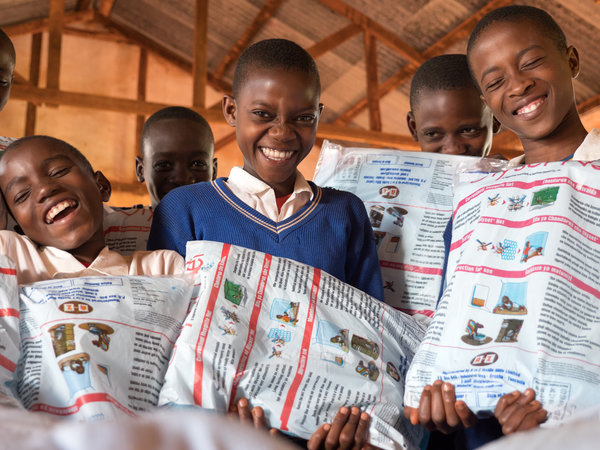
“The idea of replacing mass campaigns with yearly school net distributions was pretty revolutionary, frankly,” says CCP’s Hannah Koenker. “It hadn’t ever been tried on such a large scale.”
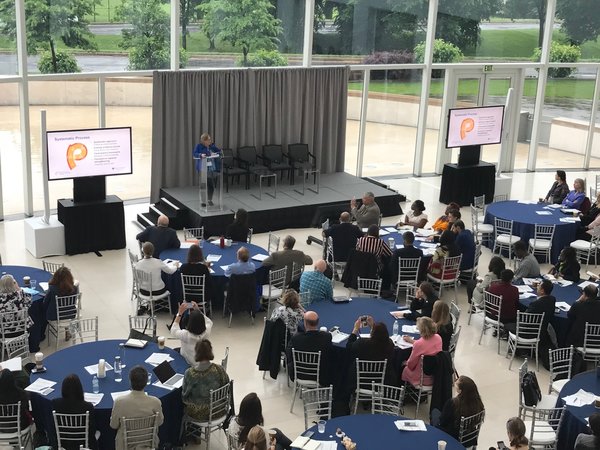
Experts, including some from CCP, came together for Mission Mosquito, a global health security and public communication forum hosted by the U.S. Department of State, which sought to address how innovative health communication approaches and partnerships can help improve responses to mosquito-borne diseases.
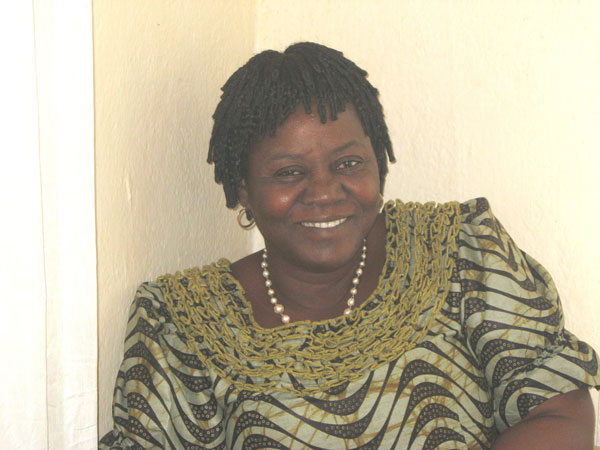
Yekee, a longtime CCP staffer in Liberia, was beloved by her colleagues. “She was magnetic,” one recalled. “She had a knack for bringing people together.”
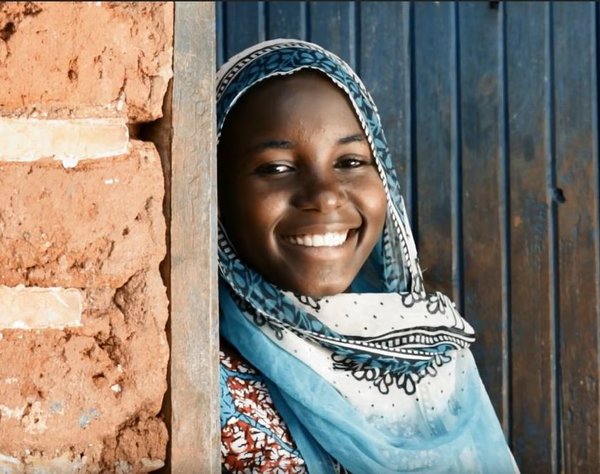
Videos released for World Malaria Day tell the stories of the people who CCP’s VectorWorks project and the Tanzanian government rely on to help them prevent malaria.
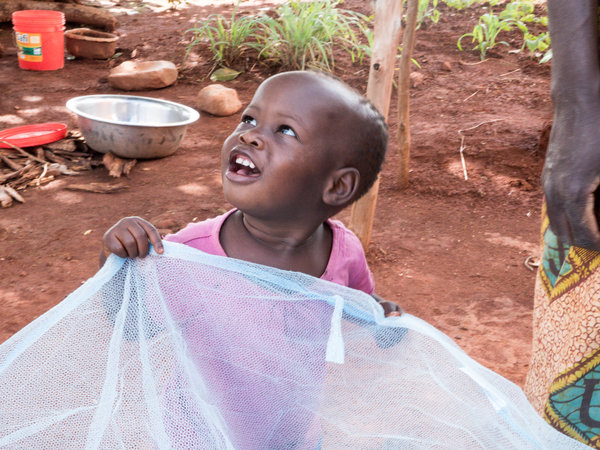
A media campaign in Liberia increased the odds that young children with fevers quickly received appropriate malaria treatment.
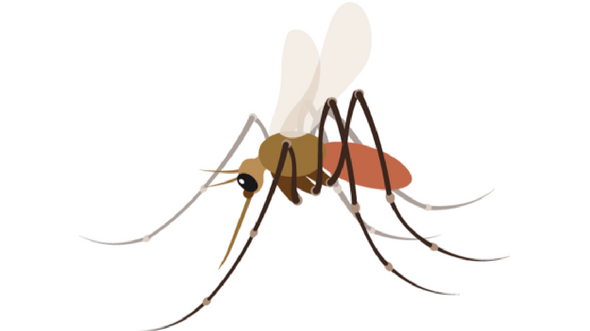
The mosquito emoji, proposed by CCP and the Bill & Melinda Gates Foundation and approved by the Unicode Consortium, is coming to your smartphone this summer.
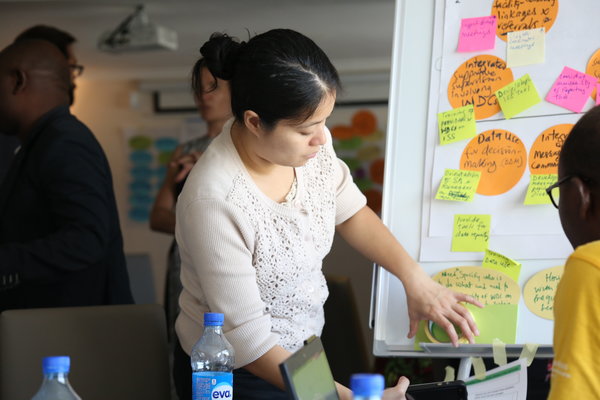
In the five months since the Johns Hopkins Center for Communication Programs was awarded the five-year, $300-million Breakthrough ACTION project by the U.S. Agency for International Development, seven countries have already signed on to the social and behavioral change project. Along with those seven countries
Receive the latest news and updates, tools, events and job postings in your inbox every month